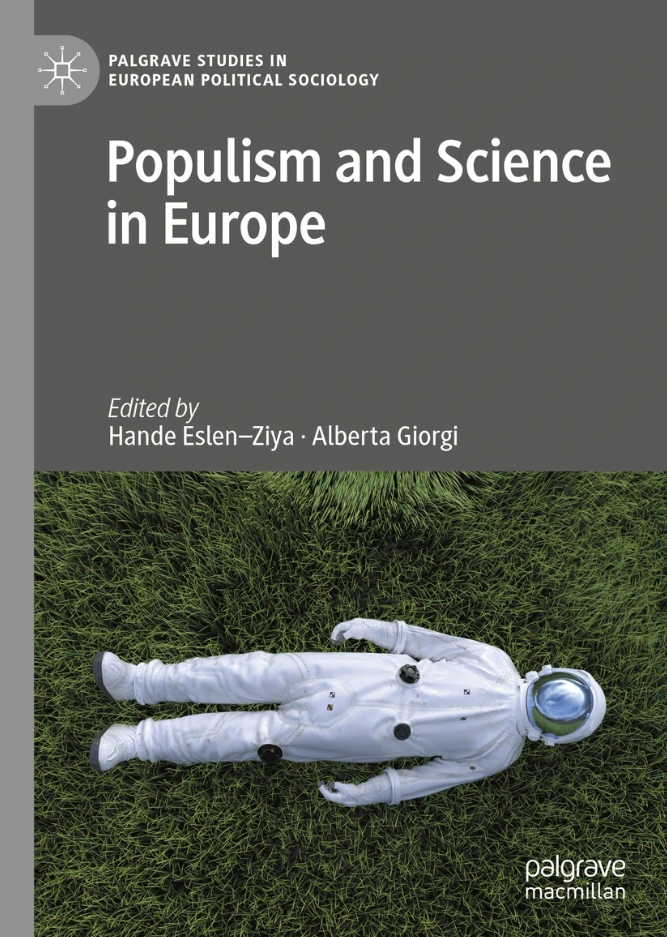Meet the authors and join the discussion in the library

Populism is the object of a burgeoning literature: scholars debate over the definition of populism and the best way to approach its study; studies explore regional differences in populism and populist politics and policies, also analyzing their cultural and economic consequences; research investigated the socio-demographic characteristics of the supporters of populist movements and political parties; more recent analyses also focused on the intersections of populism with gender and religion. Less attention has been paid, however, to the relationships between populism and science.
Therefore, we are happy to present a project which does this. The book Populism and Science in Europe edited by Hande Eslen-Ziya and Alberta Giorgi provides the first systematic and comparative analysis of the intersections of populism and science in Europe, from the perspective of political sociology.
The book is unique as it is topical and timely. The COVID-19 crisis exposed the contradictions in the relationship between populism and science and calls for detailed and in-depth analysis. It combines the attention to the theoretical aspects of the relationship between populism and science with rigorous empirical research. It includes chapters that explore populism from different theoretical perspectives – as a thin-ideology, as a political logic –, consider both right-wing and left-wing populism, and focus on leaders as well as citizens. Hence, it provides a nuanced and complex portrayal of populism. Moreover, It offers an overview of controversies over different fields of ‘science’, as the case studies include research on: food science, climate change, vaccination, gender theory, COVID-19, agricultural and environmental issues. In addition, two empirical case studies focus on conspiracy theory and the conceptions of truth. Hence, it provides a nuanced portrayal of science, allowing for the analysis of similarities and differences in different scientific fields. It includes research on Europe as a political actor (section two) and analysis of country-based and comparative case studies. Hence, it allows for a multilevel understanding of the relationship between populism and science. It includes case studies allowing for regional comparisons in the analysis of the intersections between populism and science.
The UiS scientists Hande Eslen-Ziya, Elisabeth L. Engebretsen, Thomas Sattich, T. Murat Yildirim and Liv Sunnercrantz and Alberta Giorgi from University of Bergamo have written a chapter in the book. They will participate and share from their work. Professor and leader of the Department of Media and Social Sciences Oluf Langhelle will join and give a commentary on the book.
The event will be held in English.